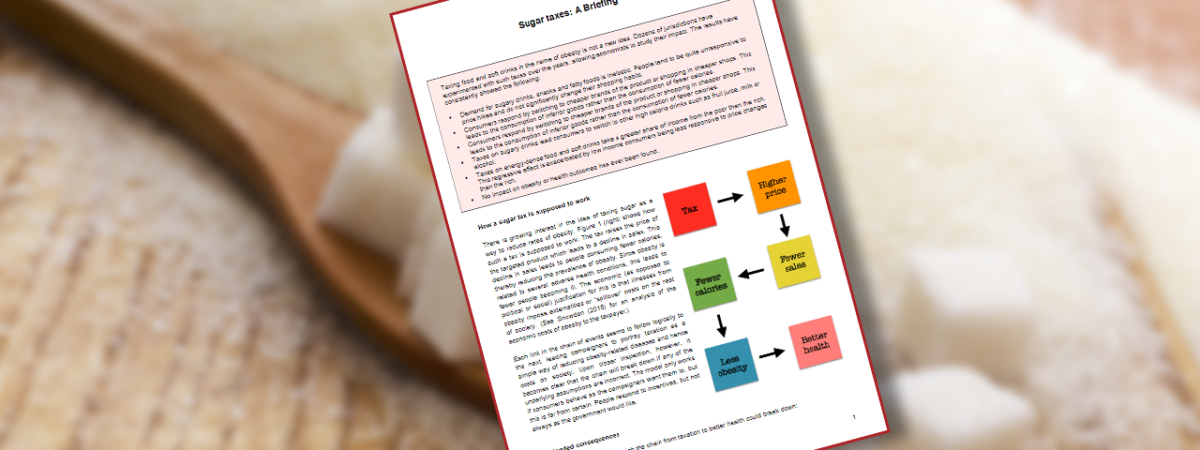Private Hire Regulations Review: Response to Consultation and further proposals
SUGGESTED

New IEA briefing explains why a sugar tax would be regressive & wrong

Rip out 80% of traffic lights to boost economy and road safety

New IEA briefing explains why proposed hire regulation would harm competition
- Raise barriers to competition in the sector
- Undermine the welfare of PHV users without any apparent impact on passenger safety
- Make beneficial innovation of the sort that the sector has recently experienced less likely in the future.
This briefing examines the most salient regulatory changes proposed by TfL in its consultation and responds to selected proposals within the consultation.
To read the press release, click here.
Fullscreen Mode




